Carl Jung, Poetry, and Dreams for Personal Growth
If your dreams are dark…
They may serve as a warning, or that there’s something deep within the well of you begging you to take action.
Your task: To rope your inner shadow to the surface and sift through its dripping muck for jewels of knowledge.
However, if the dreams are light, they may offer you a beacon, shining a path for you to go down.
One of the most influential psychologists in the study of dreams is the Swiss psychiatrist, Carl Jung. Jung had a famous disagreement with his mentor, Sigmund Freud, about the role of the unconscious. Jung believed his counterpart’s conception of it was too limited—as Freud reduced it to repressed thoughts and motivations (infamously, and predominantly, sexual ones), and Jung believed it to be far more dynamic and creative than that. Jung once stated,
“A dream that is not understood remains a mere occurrence; understood it becomes a living experience.”
Poetry comes from the same realm as dreams.
The writing of a poem, when the poet is fully within the flow state, which I like to call the ‘poetic dream state,’ is when language and experience take on an effortless feedback loop between symbol emerging and being written down (inside-to-out) and words being from fed from back from reading (outside-to-in).
Like flow, this state is when time dissolves in the river of itself. Specific to the poetry, though, this state gives rise to the symbols that constitute a poem in the same way symbols constitute a dream. In the optimal poetic dream state, this happens naturally and intuitively.
Awareness of our dreams and their hidden meanings help to increase consciousness, and writing poetry also allows us to synthesize information, create new and deeper synaptic and neuronal connections, and bring deeper wisdom to the surface from the great depths of the unknown.
For more, join me by watching the video above as we discuss Carl Jung, poetry, and dreams for personal growth.
FTC DISCLAIMER:
Some of the links in this article may be affiliate links, which means that if you click on them I may receive a small commission. The commission is paid by the retailers, at no cost to you, and this helps to support The Poetry Vessel and keep our content free.
Thank you!

